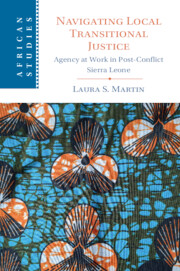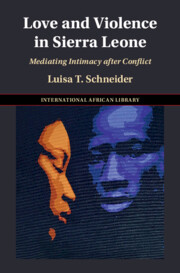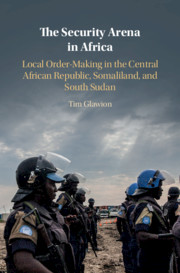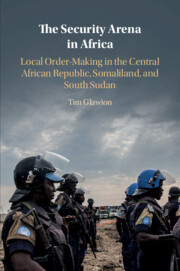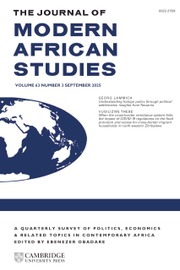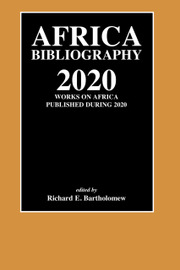Navigating Local Transitional Justice
In post-war Sierra Leone, a range of transitional justice mechanisms were implemented to address experiences of conflict, violence, and human rights violations. Much of the research on local transitional justice processes has focused on the work of organisations, failing to acknowledge how individual and communal dynamics shape and are shaped by these programs. Drawing on original fieldwork in Sierra Leone, Laura S. Martin moves beyond discussions measuring effectiveness and considers how people navigate their circumstances in conflict and post-conflict societies. Developing the idea of recognised and unrecognised transitional justice processes, Martin uses Fambul Tok as an example of a recognised local transitional justice program and shows how ordinary Sierra Leoneans appropriated Fambul Tok's agenda for their own purposes. Ultimately, this book highlights the crucial role of agency and the diverse range of actors involved in transitional justice processes. Justice, as Martin powerfully argues, is not something that happens to or for people, but is enacted by individuals and communities.
- Broadens our understanding of justice in post-conflict societies by examining how agency results in a diverse range of perspectives and experiences
- Provides a comprehensive analysis of the various transitional justice mechanisms in Sierra Leone
- Analyses the impact of NGOs and considers how they can transform beyond post-conflict settings
Reviews & endorsements
‘This is an outstanding and important book about how transition and justice are understood and achieved after conflict. Drawing on extensive work in Sierra Leone, Martin documents the creative, subversive and transformative ways that individuals and communities exercised agency in practice, through both recognised and unrecognised justice processes.’ Kirsten Ainley, Australian National University
‘At a time when transitional justice scholarship is concerned with localisation, Laura Martin provides an insightful account of Sierra Leonean justice initiatives that oscillate between translating and appropriating global norms. Illustrating their agency in an environment composed of many norm entrepreneurs with different interests and agendas, this is a profoundly political project.’ Susanne Buckley-Zistel, Philipps University Marburg
‘This is a nuanced, meticulous ethnographic account of the experience of transitional justice in Sierra Leone that challenges our assumptions. With over a decade of contemporary efforts to localize transitional justice programs, policies, and practices, there could be no better or more timely empirical evaluation of this process in Sierra Leone and other transitional societies.’ Mohamed Sesay, York University
‘This is an important contribution to our understanding of localized transitional justice and hybrid peacebuilding. It shows how ordinary Sierra Leoneans re-interpreted Fambul Tok’s avowedly local agenda for their own, even more localized, goals. It also highlights the crucial role of intra-local frictions - something that gets obscured by more romanticized accounts of local peace and justice initiatives.’ Lars Waldorf, University of Essex
Product details
May 2025Paperback
9781009281065
213 pages
229 × 152 × 11 mm
0.317kg
Available
Table of Contents
- List of Maps
- Acknowledgements
- 1. Agency in times of transitional justice: recognized and unrecognized mechanisms 'at work'
- 2. Navigating violence, peace and justice: conflict and post-conflict experiences in Sierra Leone
- 3. Deconstructing Fambul Tok's discourse and practice: the local, ownership and participation
- 4. Participant experiences with Fambul Tok's program: interpretation, appropriation, agency
- 5. Unrecognized mechanisms, normality and everyday realities in transition
- 6. Activating justice
- Appendix A. Informant interview list
- References
- Index.

